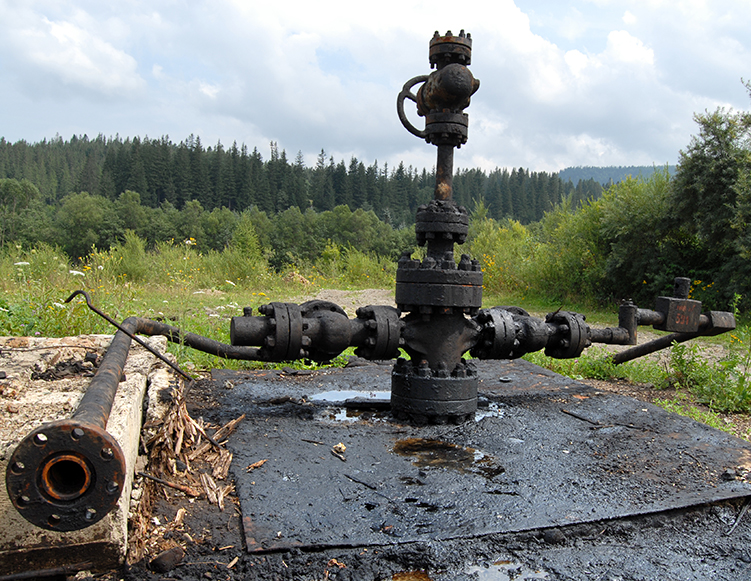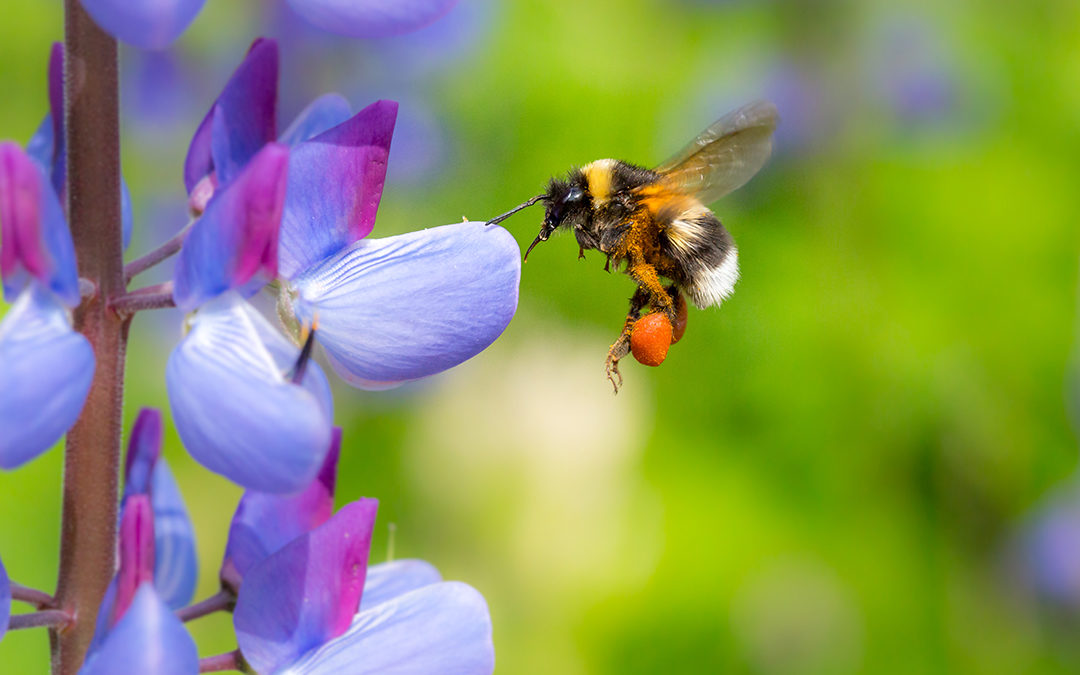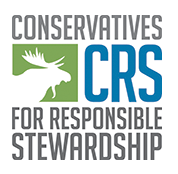
by djenkins | Apr 22, 2024 | Uncategorized
In a guest column today, David Jenkins of Conservatives for Responsible Stewardship praises the U.S. Environmental Protection Agency’s new methane waste rule as a blow for conservatism in energy policy, preventing pollution and needless waste at the pump while improving output.Chris Morris, Advance Local CINCINNATI — Remember the wise old saying, “Waste not, want not”? This simple truism reflects the conservative ethic of conservation. From Sunday school to the kitchen table, we have all been taught not to waste. Waste is not only wrong, it’s costly. And this is particularly true when it comes to energy. We know putting insulation in our attics and turning lights off reduces energy waste and saves us money.Just as wasting energy at home increases our energy bills, the same thing happens when oil and gas companies waste energy on a much larger scale. This is a problem here in Ohio. Some oil and gas companies — usually those driven more by short-term profit than long-term investment — are wasting huge amounts of natural gas (methane) due to shoddy maintenance and leaks. In 2019 alone, Ohio companies wasted $93 million of gas — enough to meet the annual supply needs of 11% of the state’s residential gas customers, according to a Synapse Energy Economics Inc. study. And this is a nationwide problem. A recent Stanford study of oil and gas operations in the gas rich Permian Basin estimated that more than 9% of the natural gas produced in that area is being wasted. Cutting those corners might save a company a few bucks in the short term, but it’s a long-term loser that ends...

by djenkins | Oct 25, 2023 | Fuel Efficiency, Oil and Gas, Pollution, Renewable Energy, Uncategorized
PRESS RELEASE October 24, 2023 CRS Releases “Restoring Accountability” Follow-up Report on Taxpayer Exposure from Orphaned Oil and Gas Wells Conservatives for Responsible Stewardship (CRS), a national grassroots organization with more than 23,000 members, has produced a new report following up on its 2021 report Broken Promises, which detailed the staggering taxpayer exposure from orphaned and abandoned oil and gas wells. “Despite agreeing, as a condition of their drilling permit, to fully clean up and plug well sites once they are finished using them, oil and gas companies regularly skip out on that obligation, leaving us taxpayers on the hook for billions of dollars in clean-up costs,” explained CRS president David Jenkins. This new report, with updated data, underscores how this fiscal burden on taxpayers continues to grow and explains how long overdue new rules proposed by the Department of Interior (RIN 1004–AE80) to significantly increase its oil and gas program bonding requirements can help. In Broken Promises, we reported that at the end of FY2020, there were more than 96,000 “producible and service wells” on federal public lands, which could leave U.S. taxpayers on the hook for as much as $13.7 billion in future clean-up costs. Since then, BLM has approved more than 11,200 additional permits for oil and gas companies to drill new wells on federal public lands—wells that, without federal bonding reform in place, potentially exposing U.S. taxpayers to an additional $1.6 billion more in clean-up costs. Taxpayers could eventually have to pony up as much as $15 billion, and that does not account for any potential...

by djenkins | Feb 10, 2023 | Animals, Animals, Endangered, Oil and Gas, Pollinator, Uncategorized
The Endangered Species Act (ESA) turns 50 years old this year. The law, which was passed in 1973 by overwhelming bipartisan majorities in Congress (unanimous in the Senate) and signed into law by President Nixon, stands as an enduring testament that we can rise above our lesser instincts and be good stewards of what President Reagan referred to as “this magical planet that God gave us.” From the deliberate and cruel efforts to eradicate wolves and grizzly bears from the Lower 48, to the carelessness that drove the bald eagle, our national symbol, to the brink of extinction, history is full of examples where mankind has been intolerant of wildlife and/or ignorant of its needs. Thanks to the ESA, bald eagle numbers have recovered across the Lower 48, going from a low of 1,000 or less in the 1950s to more than 300,000 today. Wolves and grizzly bears have also rebounded significantly, with healthy, sustainable populations in several states. Unfortunately, too many people fail to recognize the ESA as the conservative law it is. President Reagan once rhetorically asked, “What is a conservative after all, but one who conserves?” Conservative political theorist Russell Kirk went even further, writing in a Baltimore Sun op-ed, “nothing is more conservative than conservation.”Wildlife, from apex predators to the tiniest insects, play an essential role in keeping the earth’s life-sustaining ecology healthy. Bears and wolves, by preying primarily on weak and sick moose, deer, or elk, make the populations of those ungulates healthier. And pollinators, such as bees and butterflies, are essential to our food crops. From my personal experiences, I have come to...
by djenkins | Jan 10, 2023 | Uncategorized
...

by David Jenkins | Sep 21, 2022 | Oil and Gas, Renewable Energy, Uncategorized
With economy-wide inflation still plaguing us and stretching paychecks thin, we should be paying extra close attention to energy prices. The cost of energy affects the price of almost everything. In the transportation sector, high fuel prices increase the costs of getting products to market or directly to your home. High electric and natural gas bills contribute to inflation not only by raising the cost of doing business, but also by directly increasing the cost of powering your home. In both cases, the higher prices can be attributed largely to the fact that fossil fuels are global commodities with their price set by international markets. That means that events virtually anywhere in the world can increase our energy costs here in the United States. The recent spike in these energy costs are tied directly to Russia’s invasion of Ukraine. Sanctions on Russian energy in response to the invasion—and retaliatory measures by Russia—have tightened oil supplies and greatly increased Europe’s demand for U.S. natural gas. Russia is a major energy producer, and over the years, Europe became heavily dependent on Russia for its oil and natural gas supplies. Europe has finally woken up to the strategic vulnerability posed by being over reliant on Russian energy, and is now turning to the U.S., the world’s leading producer of natural gas (Russia is second) to help wean itself off of Russian natural gas. That has dramatically changed the natural gas market here. For a long time we had to use all of the gas we produce domestically because there was no way to ship it overseas, which kept our natural gas prices...

by David Jenkins | Feb 2, 2022 | Pollinator, Pollution, Uncategorized
People often do not realize just how much of the food we eat only exists because of insect pollinators, especially bees. Bees are in fact essential in the production of at least a third of our food. This includes most of the fruits, nuts, vegetables, and seeds that are essential to our diets. That is why the fact that the American Bumblebee has completely vanished from eight states (Maine, Rhode Island, New Hampshire, Vermont, Idaho, North Dakota, Wyoming, and Oregon) should be a huge wake-up call for all of us. And this problem is not just limited to those states. In just the past two decades, the bumblebee population across the U.S. has declined by nearly 90 percent. A similar decline is happening with honeybees. Beekeepers across the country reported losing more than 45 percent of their managed honeybee colonies from April 2020 to April 2021. Pollinators directly contribute a whopping $24 billion to the U.S. economy. That number nearly doubles when you add in their indirect contribution to other agricultural products like milk and beef. Globally, 75 percent of the top 115 food crops depend on pollinators. In the Bible verse (Matthew 25) where Jesus talks about our duty to care for “the least of these,” meaning the less fortunate, His words seems equally applicable regarding our obligation to protect pollinators. Without these tiny pollinators, many will suffer. Crop scarcity not only leads to famine in parts of the world, it also will cause food shortages and prices to skyrocket here at home. Why is this happening? There are several reasons. Habitat loss and a changing climate play...







